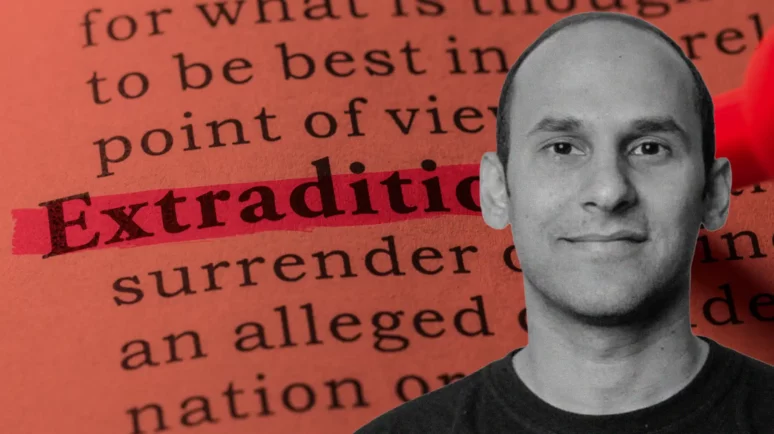Who is Richard Teng? Binance CEO Aims to Clear Up Legal and Regulatory Mess Left by Changpeng “CZ” Zhao

Binance CEO Richard Teng.
Key Takeaways
- Richard Teng took over as Binance CEO after CZ stepped down last year.
- With a background working for financial regulators around the world, Teng’s appointment was intended to give Binance a fresh start.
- But the company is struggling to break free from controversies that have their roots in the CZ era.
After Binance came under a Justice Department investigation and its founder Changpeng Zhao (CZ) pleaded guilty to financial crimes, the crypto exchange elevated the CEO of its Singapore arm, Richard Teng, to the top job.
Five months later, CZ is facing a four-month prison sentence for overseeing Binance’s anti-money laundering failures in the US. But Teng’s work reinventing the firm has only just begun.
Binance Remains Dogged by Controversy
Just as CZ’s legal saga comes to a conclusion, Binance has found itself embroiled in a fresh controversy. This time in Nigeria.
Echoing the earlier US charges, Nigerian authorities have accused the firm of money laundering and tax evasion, arresting 2 senior executives and sparking an ongoing crisis for the company.
In the latest development, Teng has called for the release of Binance’s Head of Financial Crime Compliance, Tigran Gambaryan.
Gambaryan initially met with Nigerian authorities to discuss allegations of illegal business conduct made by the government. It was at one of these meetings that he and fellow Binance executive Nadeem Anjarwalla were arrested.
Although Anjarwalla fled the country in March, Gambaryan remains in custody.
On Tuesday, May 7, Teng said: “To invite a company’s mid-level employees for collaborative policy meetings, only to detain them, has set a dangerous new precedent for all companies worldwide.”
With many uncertainties surrounding the government’s allegations, the Nigerian debacle undermines Teng’s attempts to turn over a new leaf in Binance’s post-Zhao era.
Richard Teng’s Background in Compliance
In his recent blog post, Teng said: “Since I assumed the role of CEO of Binance, I have made it a key commitment to work with global regulators and enforcement agencies to uphold the integrity of the global financial system.”
Before joining Binance, Teng had a successful career on the other side of the regulatory divide, working for the Monetary Authority of Singapore (MAS) and Abu Dabi’s Financial Services Regulatory Authority (FSMA).
He also spent time as chief regulatory officer of the Singapore Exchange (SGX).
However, no amount of experience as a regulator or compliance officer can change the fact that Teng inherited a mess.
The Legacy of the CZ Era
If Binance is to successfully rebrand itself as a fully compliant, licensed crypto exchange, the allegations facing its Nigerian operations aren’t the only challenge Teng faces.
After pulling out of the UK market following the implementation of new crypto advertising rules in October, Binance’s attempts at reentry have been repeatedly foiled by a hostile financial regulator.
Meanwhile, since suspending fiat deposits last year, Binance US has become a ghost of its former self, with no indication that the company plans a relaunch any time soon.
Other countries where the crypto exchange has partly or completely withdrawn its services include Australia, Canada, Malaysia, Japan and Thailand.
In each instance, markets where it was previously able to operate without a license have ramped up oversight of the crypto sector, throwing a spanner in the works for Binance’s sprawling offshore structure.
Of course, there have been some wins for the company during Teng’s tenure. A full virtual-asset services provider (VASP) license in Dubai , for example.
But progress is inevitably slow. And the company’s reputation for clashing with regulators surely doesn’t help.


